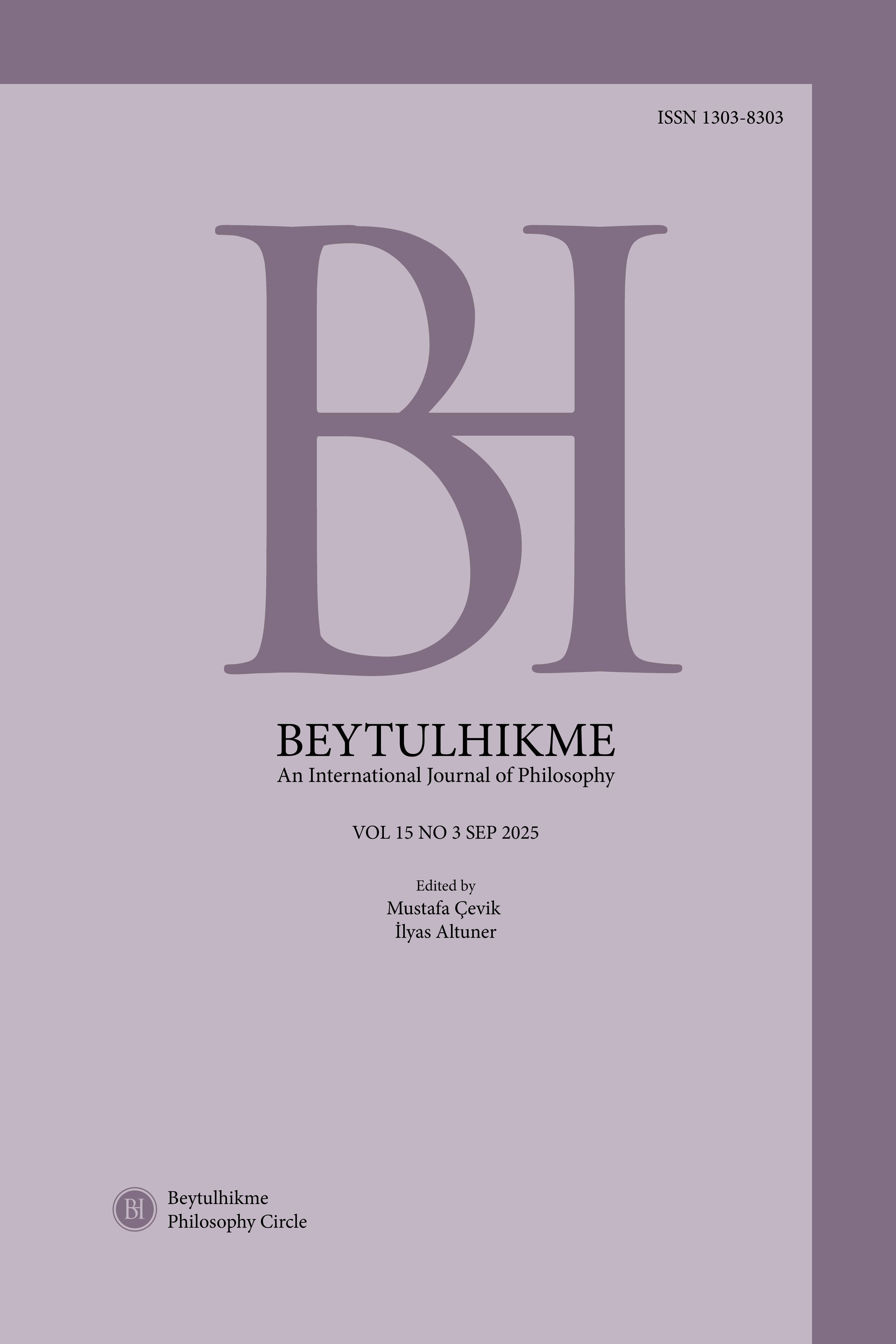Author :
Abstract
Charles Hartshorne’un neoklasik teizminde teolojik determinizm eleştirisi ve insan özgürlüğü ile ilgili görüşleri onun din felsefesine yaptığı en özgün katkılardan biridir. Hartshorne’nun Tanrı tasavvuru klasik teizmin Tanrı tasavvurundan oldukça farklıdır. Hartshorne’a göre Tanrı, karar verme yetkisini başkalarına devretme konusunda cömert oluşuyla diğer varlıklardan farklı olduğunu göstermiştir. O bütün güce/kontrole tek başına sahip olmayı, insanları aciz ve iradesiz varlıklara indirgemeyi arzulamaz. Aksine, böyle bir istek O’nun için zayıflığın belirtisi olurdu. Tanrı’nın bilgisi de insanın gelecekte ne yapacağını belirleyen bir bilgi de değildir. Evrendeki olaylar evrenin süreçselliğine sürekli bir etkide bulunur. Süreç ise Tanrı tarafından değil Tanrı’nın isteyerek özgürlük bahşettiği insan tarafından şekillendirilir. Bu makale, Charles Hartshorne’un neoklasik teizm anlayışı çerçevesinde teolojik determinizme yönelttiği eleştirileri incelemekte ve bu eleştirilerin insan özgürlüğü anlayışıyla olan ilişkisini değerlendirmektedir. Hartshorne’un Tanrı tasavvuru merkezde olmak kaydıyla klasik teizmin Tanrı anlayışına yer yer değinilecek ve insanın özgür iradesine yer açan bir teoloji arayışının felsefi temellerinin neler olduğunun anlaşılması sağlanacaktır.
Keywords
Abstract
One of Charles Hartshorne’s most original contributions to the philosophy of religion lies in his critique of theological determinism and his views on human freedom within the framework of neoclassical theism. Hartshorne's conception of God differs significantly from that of classical theism. According to Hartshorne, God demonstrates divine uniqueness by generously delegating the authority to make decisions to others. God does not desire to possess all power and control exclusively, nor does He wish to reduce human beings to powerless and will-less entities. On the contrary, such a desire would be a sign of weakness for God. Divine knowledge, in Hartshorne’s view, is not a kind of knowledge that determines what human beings will do in the future. Events in the universe are continually influenced by the processual nature of reality. This process is shaped not by God, but by human beings to whom God has willingly granted freedom. This article examines Charles Hartshorne’s critique of theological determinism within the framework of his neoclassical theism and evaluates the relationship between this critique and his understanding of human freedom. With Hartshorne’s conception of God at the center, the article will also occasionally refer to the classical theistic understanding of God in order to elucidate the philosophical foundations of a theological approach that makes room for genuine human free will.





